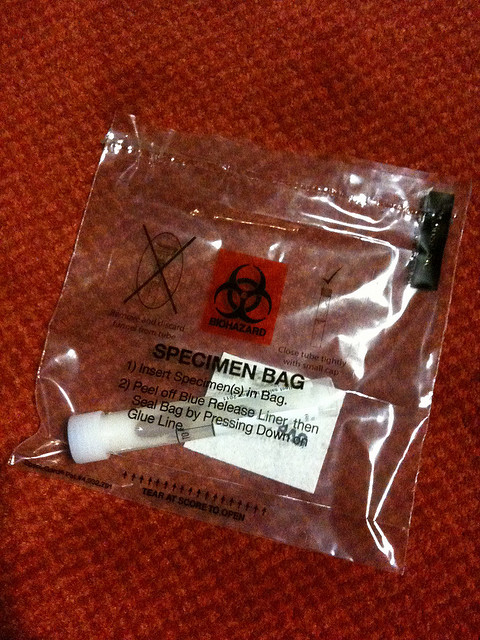Benefits and risks of direct-to-consumer genetics tests
May 15, 2012
Patients see potential benefits from direct-to-consumer genetic testing, but are also concerned about how the test results will be used, and are generally unwilling to pay more than $10 or $20 for them, according to focus groups conducted by researchers at Loyola University Chicago Stritch School of Medicine.
More than a dozen companies, including 23andMe, deCODE Genetics and Navigenics, now test consumers’ genomes for single-gene disorders such as cystic fibrosis; for risks of developing complex disorders involving multiple genes, such as cancer, heart disease and diabetes; for sensitivities to drugs such as Coumadin; and for traits such as hair color, eye color and baldness.
Costs range from about $100 to $1,500. Consumers can order these tests directly and receive results without the involvement of a qualified health-care professional, such as a geneticist or genetic counselor.
Findings:
- Many participants were willing to pay in the $10 to $20 range (the equivalent of a co-pay). A few were willing to pay $100 to $400. Direct-to-consumer genetic tests are not covered by insurance companies. “This situation could exacerbate inequalities in the health-care system, with those having greater financial resources being able to access this elective health-related information while those with fewer resources are unable to pay for it,” researchers wrote.
- Participants generally expressed willingness to test their children, including adopted and foster children. They said testing for disease risks would provide helpful information for the future. But these views are contrary to professional and ethical guidelines, which recommend testing children only if there is an effective intervention for the disease that’s being tested. Otherwise, the children should wait until adulthood and decide for themselves. “Children could be tested without understanding its implications, and parents might take actions that are inappropriate and potentially harmful, based on results without consulting a qualified health professional,” researchers wrote.
- Main reasons to get direct-to-consumer genetic tests: to gain information, seek prevention, seek interventions or help others.
- Main concerns about genetic testing: Are the tests accurate? Who will interpret them? Should results be shared with consumers’ physicians and entered in medical records? And do the tests raise ethical issues such as risks to privacy and confidentiality?
Ref.: Wasson K, Hogan, NS, Sanders TN, Helzlsouer KJ, Primary care patients’ attitudes and decision-making process regarding direct-to-consumer personalized genome testing, American Journal of Bioethics Primary Research, 2012, DOI: 10.1080/21507716.2011.650344
